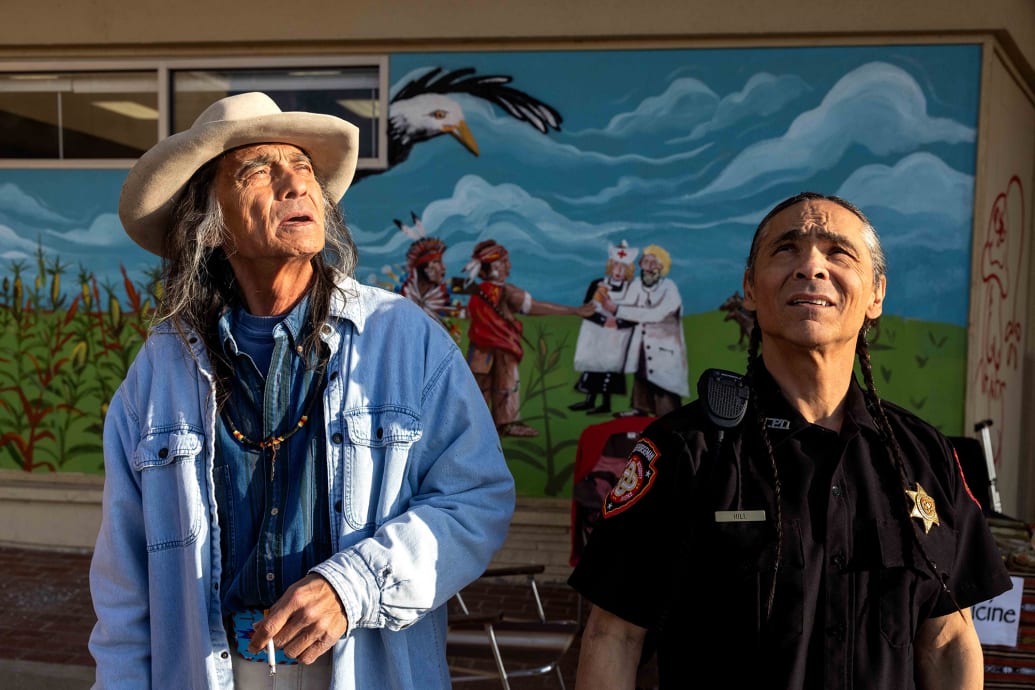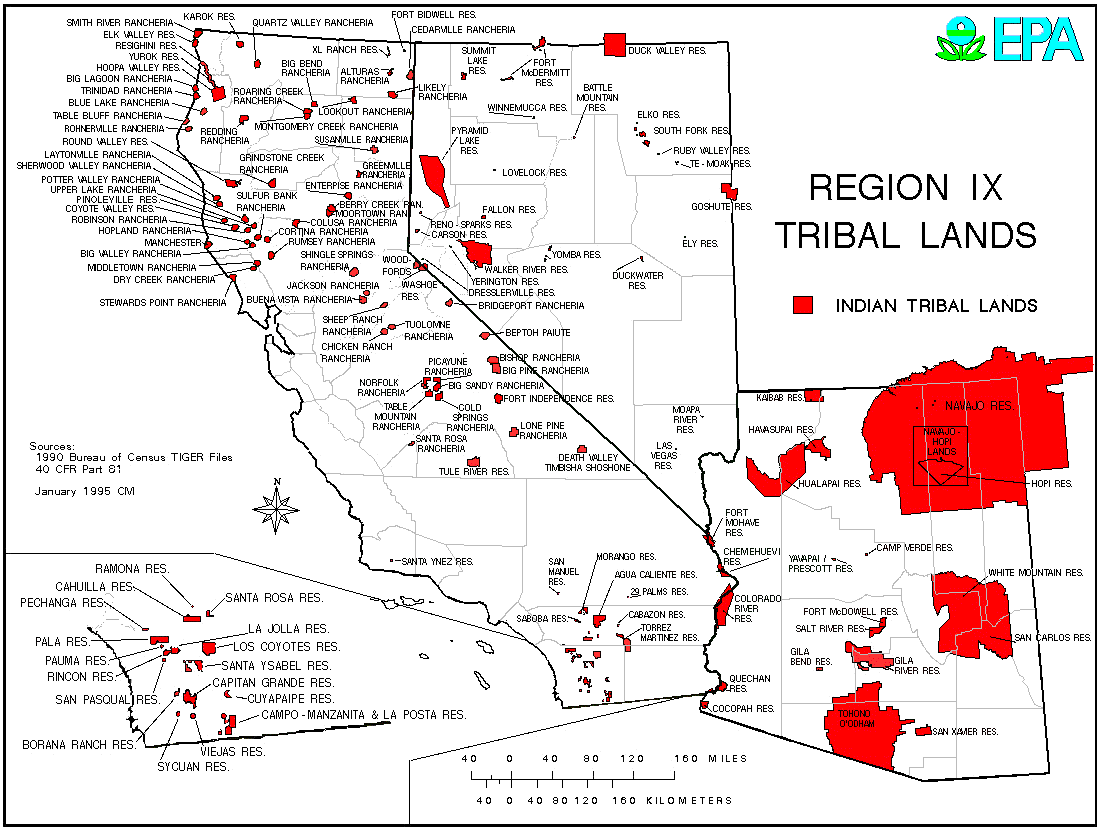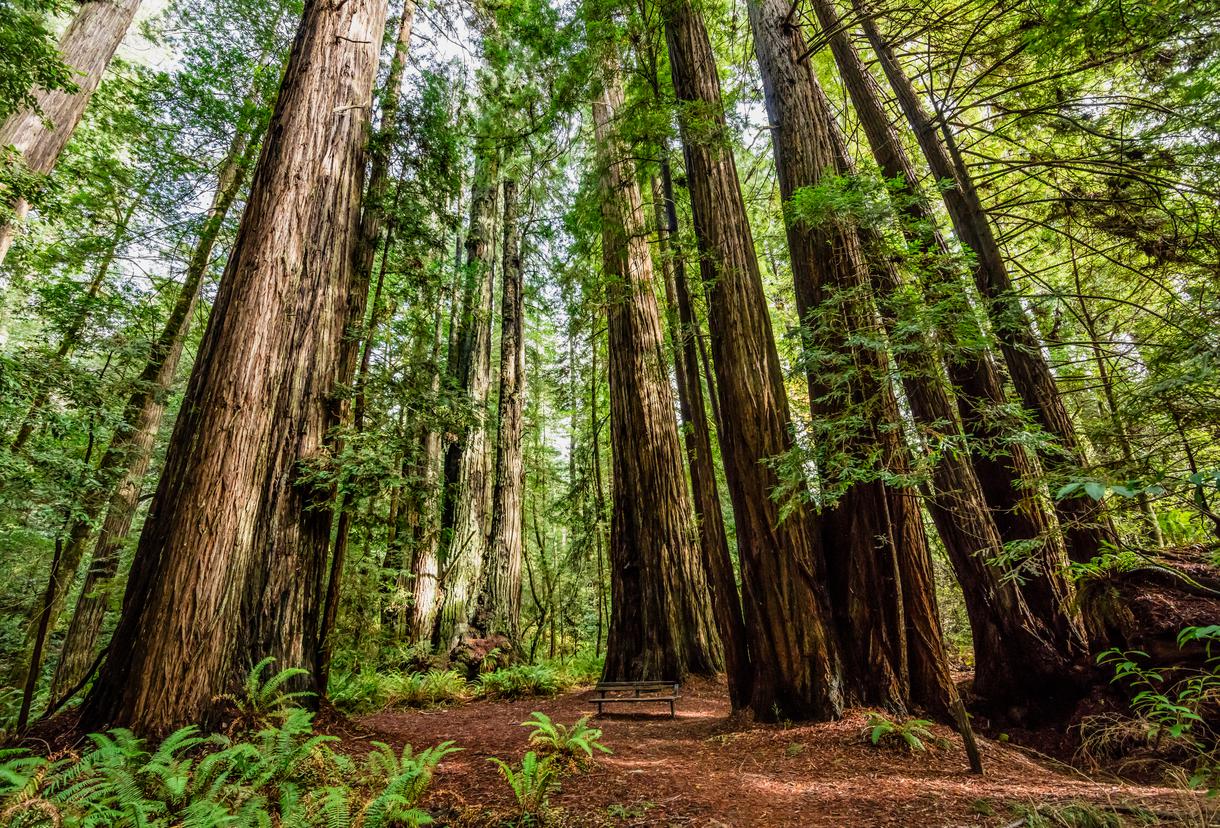From Reservation to Revival: How a Classic Song is Reclaiming Its Power
From Reservation to Revival: How a Classic Song is Reclaiming Its Power

It’s not every day a song from the 1970s gets a major makeover and explodes onto the music scene. But that’s exactly what’s happening with "Reservation Blues," a song that’s been given a fresh coat of paint and a whole lot of heart by a new generation of Indigenous artists. This isn’t just a remix, folks. This is a powerful statement, a cultural reclamation, and a damn good tune.
The Original: A Song of Struggle
Related Articles: From Reservation to Revival: How a Classic Song is Reclaiming Its Power
- Uncover the Hidden Gems: Native American Tribes of Colorado Revealed
- California’s Reservation Revolution: Unpacking The Numbers
- Unveiling Colorado's Native American Heritage: A Journey of Discovery
- Unveiling the Native Heritage of New Mexico: Discover the Tribes That Enrich the Land
- Uncover the Hidden Histories: Native American Tribes of Virginia Colony
"Reservation Blues" wasn’t just any song. It was a raw, honest reflection of the struggles and realities faced by Indigenous people living on reservations in the United States. The original version, released in 1974 by the legendary Native American band Red Cloud, captured the pain of poverty, discrimination, and the loss of tradition. The lyrics, filled with imagery of broken promises and cultural erasure, resonated deeply with Indigenous communities across the country.
The New Wave: A Call to Action
Fast forward to 2023, and "Reservation Blues" is back, but with a twist. A collective of Indigenous artists, hailing from diverse backgrounds and representing different nations, have come together to breathe new life into the song. They’ve kept the core message intact, but they’ve infused it with a vibrant energy, a sense of hope, and a call to action.
The remake isn’t just about nostalgia. It’s a powerful statement about the resilience of Indigenous culture, the fight for sovereignty, and the importance of preserving traditions. It’s a song that speaks to the present, acknowledging the ongoing challenges while celebrating the triumphs and the spirit of resistance.
The Sound: From Folk to Fusion
One of the most striking aspects of the remake is the sonic transformation. While the original version leaned heavily on traditional folk music, the new version blends genres seamlessly, incorporating elements of rock, hip-hop, and electronic music. This fusion creates a dynamic sound that appeals to a wider audience while staying true to the song’s roots.
The music itself is a reflection of the diversity of Indigenous voices and experiences. The use of traditional instruments like the flute and drums alongside modern electronic sounds creates a rich tapestry of sound that reflects the complex tapestry of Indigenous culture.
The Message: A Call for Unity

The remake of "Reservation Blues" isn’t just about music. It’s about community, unity, and the power of storytelling. The artists involved in the project come from different backgrounds and have different stories to tell, but they’re united by a shared vision: to raise awareness about Indigenous issues and to inspire action.
The lyrics have been updated to reflect the contemporary realities of Indigenous communities. They address issues like environmental justice, systemic racism, and the fight for self-determination. The song is a powerful reminder that Indigenous issues are not a thing of the past, but a pressing concern that demands our attention.
The Impact: A Cultural Phenomenon
The remake of "Reservation Blues" has ignited a cultural firestorm. It’s been featured on major radio stations, streamed millions of times online, and has become a rallying cry for Indigenous communities. The song has sparked conversations, challenged stereotypes, and brought much-needed attention to the struggles and triumphs of Indigenous people.
The impact of the remake goes beyond the music itself. It’s created a platform for Indigenous voices to be heard, for stories to be shared, and for communities to come together. It’s a testament to the power of art to inspire change, to challenge the status quo, and to create a more just and equitable world.

Beyond the Song: A Movement
The remake of "Reservation Blues" is more than just a song; it’s a movement. It’s a call to action, a reminder of the power of collective action, and a celebration of Indigenous resilience. It’s a testament to the enduring spirit of Indigenous people, their ability to adapt, to innovate, and to fight for their rights.
The success of the remake has inspired other artists to create their own versions of the song, further amplifying its message and its impact. It’s a reminder that music can be a powerful tool for social change, a force for good, and a bridge between cultures.
The Future: A Song for Generations
The remake of "Reservation Blues" is not just a moment in time, it’s a legacy. It’s a song that will be passed down through generations, a reminder of the struggles and triumphs of Indigenous people. It’s a song that will inspire future generations to fight for their rights, to preserve their culture, and to create a more just and equitable world.

The song is a testament to the enduring spirit of Indigenous people, their resilience, and their unwavering commitment to their communities. It’s a reminder that Indigenous voices are essential, that their stories matter, and that their future is worth fighting for.
FAQs
Q: What is the original version of "Reservation Blues" about?
A: The original version of "Reservation Blues" is a poignant reflection of the struggles faced by Indigenous people living on reservations in the United States. It delves into themes of poverty, discrimination, and the loss of traditional ways of life.
Q: Who are the artists involved in the remake?
A: The remake of "Reservation Blues" features a diverse collective of Indigenous artists representing different nations. The exact lineup might vary depending on the specific performance or recording, but it usually includes prominent figures in contemporary Indigenous music.
Q: What is the message of the remake?
A: The remake of "Reservation Blues" serves as a powerful statement about Indigenous resilience, the fight for sovereignty, and the importance of preserving traditions. It also calls for unity and action to address ongoing challenges faced by Indigenous communities.
Q: How has the remake impacted Indigenous communities?
A: The remake has ignited a cultural firestorm, sparking conversations, challenging stereotypes, and bringing much-needed attention to Indigenous issues. It has also created a platform for Indigenous voices to be heard and for communities to come together.
Q: What is the future of "Reservation Blues"?
A: The remake of "Reservation Blues" is a legacy that will be passed down through generations, inspiring future generations to fight for their rights and preserve their culture. It’s a testament to the enduring spirit of Indigenous people and their unwavering commitment to their communities.
Closure
Thus, we hope this article has provided valuable insights into From Reservation to Revival: How a Classic Song is Reclaiming Its Power. We thank you for taking the time to read this article. See you in our next article!



